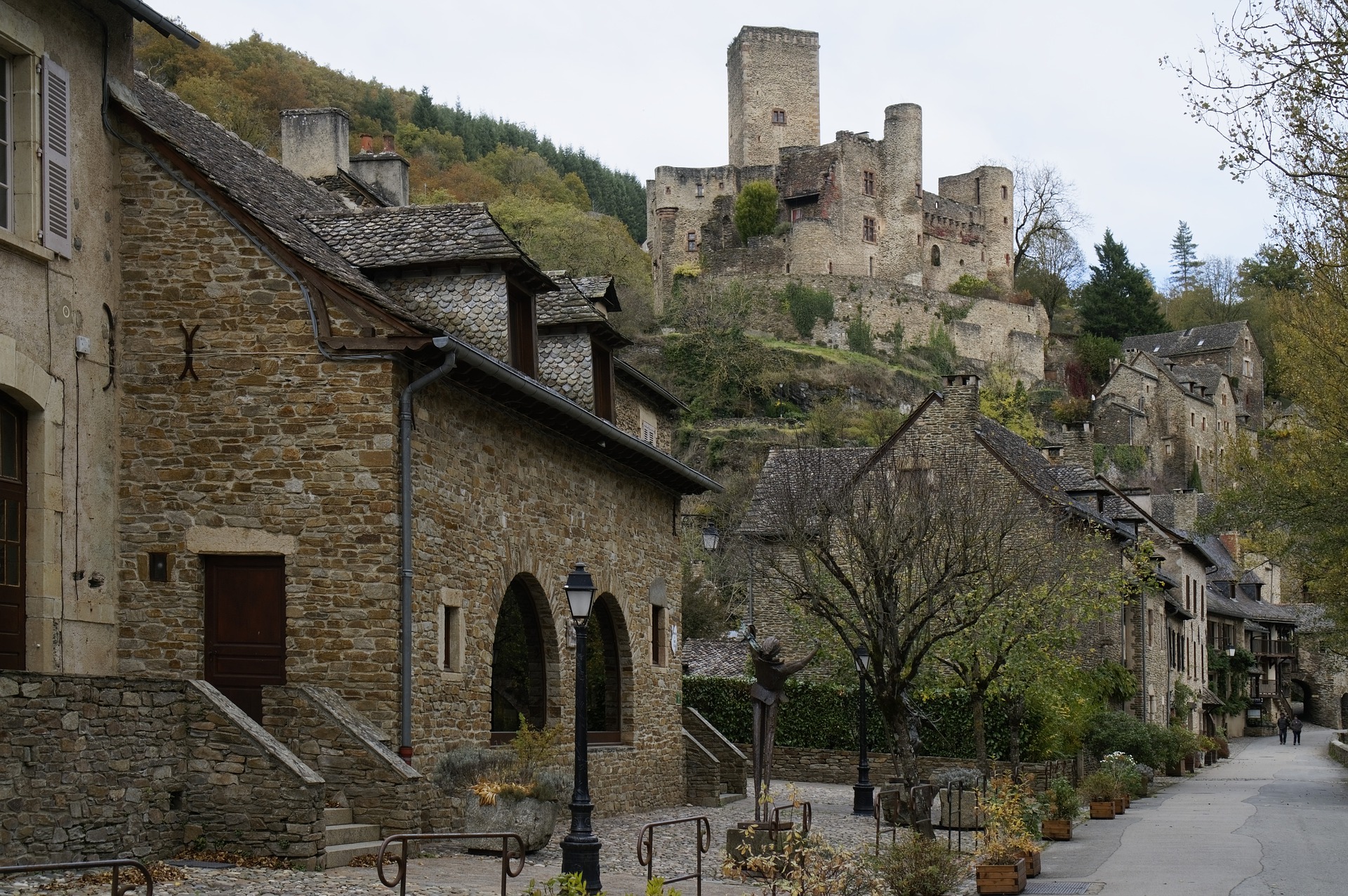This is Alonili. Or, well, it’s a stock photo that somewhat resembles what a street in Alonili’s capitol city might look like. The kingdom of Alonili bears the idealized medieval charm that we often romanticize – the castle, the greenery, the classic stone or wooden buildings, and the escape from this technology-run society. It probably also is home to some other things we forget about – outhouses, baths taken by crouching in a bucket of water you drew yourself and then heated over a stove, salting meat to keep it from spoiling, sleeping on straw pallets, rat infestations, and the list goes on. But while full of the medieval/fantasy aesthetic, what this photo misses is the actual heart of Alonili.
The heart of Alonili is its people.
In Gap in the Road, the people of Alonili are unlike the people of its nearby kingdoms. There is community far richer than the community found in nearby nations. There is a dignity and autonomy that the common man or woman bears. Alonili is often scorned because while there is a monarchy, the king and his family treat their citizens with respect. They know the names of the baker down the street or the tailor the next block over. The king’s daughters have grown up playing make-believe games with the children of a local farmer. The King and Queen know that their duty is to lead these people, but they don’t feel the need to glorify themselves or lord their positions over others. They see their calling as something greater than simply enriching themselves.
What then does this fictional kingdom have to do with a publishing company? Everything.
When you take your average publishing company here in America, what is its primary mission? Does exist in order to give voice to gifted artists taking their first brave steps out of obscurity? Unlikely. Does it exist to promote learning or to give an outlet for children and adults to discover their love for reading? Maybe sometimes. Does the company pour into the lives of its authors and see them as human beings rather than as investments? Almost never. Stories become commercial commodities, and authors become machines at a factory. An emerging author is ignored completely by large presses, and is too often exploited by small presses. The large press rejects the author because its algorithms say this person is unlikely to be a lucrative investment. The small press happily publishes the author so long as the author first pays a rather steep fee. After this, the book too often remains on the back pages of Amazon because the press does not put investment of its own into its authors’ books, and has already moved on to collect from the next author enthusiastic to see their name in print.
At the end of the day, the discouraged author decides to self-publish. His grandma and his mother both buy copies and brag that he has a published book. A few other people buy the book, but within a month, it is forgotten, and the author’s attempt to contact libraries and bookstores proves vain, because every bookstore scans the barcode on the back, sees that this is a self-published book, and assumes that this author is yet another excited boy who is trying to sell them a glorified first draft.
Don’t get me wrong. I don’t say this to condemn all publishing companies. I don’t say this to condemn all authors who self-publish. (I self-published a couple short stories myself back in the day – which, yes, do “look” self-published.) I say this to illustrate that there is a very real problem in our publishing world. There is no shortage of storytellers among us, but most do not have the resources they need to make their story take flight. Maybe that resource they need is grammatical editing. Maybe it is worldbuilding. Maybe it is marketing. And certainly some authors “beat the game” and fight through the obstacles between them and success in whichever form of publishing they have pursued. But too many authors give up long before that, and their story lies abandoned on a hard drive. It is revisited occasionally by the author as a hobby, but the author has learned not to expect anything to come of their work.
The solution? Change the game.
Stories are more than a hobby. They are more than a commodity. There is a solution to the problems with the publishing world, and it is both far simpler and far more profound than any number of business smarts.
In our publishing world, like in every other part of our life, what we ultimately need is community.
-Katherine Munson

